- Over 200 IDPs in Ponnagyun struggle without shelter, food aid
- Junta airstrikes inflict deep psychological trauma on children in Arakan State
- Photo News: Over 200 IDPs in Ponnagyun in urgent need of shelter assistance
- Two children injured by UXO in Mrauk-U struggle to afford medical care
- High hepatitis cases hit children in Arakan State
Arakan State salt farmers say tech, funding and buyers needed to compete
The industry has been in decline for a decade, with the number of salt farmers plummeting from more than 1,000 across 12 Arakan State townships to just 50 or so today, according to the Arakan State Salt Department.
12 Jun 2022
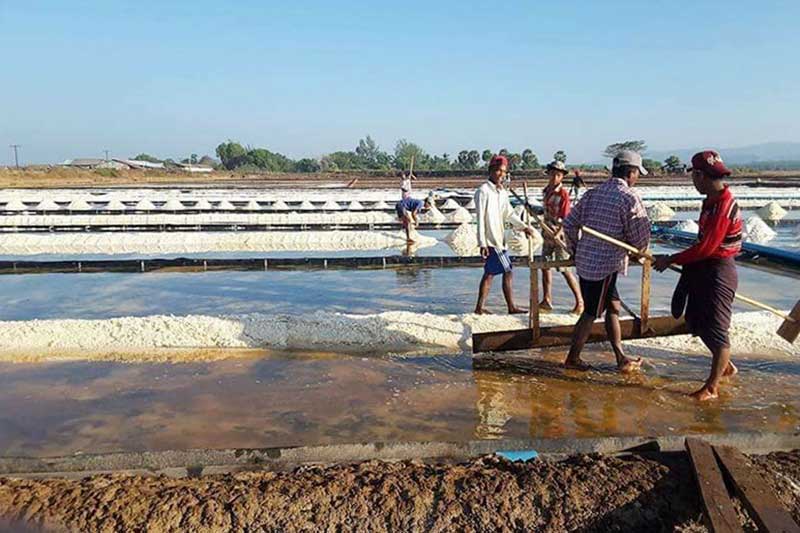
DMG Newsroom
12 June 2022, Sittwe
Salt farmers in Arakan State say they need loans, technologies and markets to rejuvenate the local salt industry.
The industry has been in decline for a decade, with the number of salt farmers plummeting from more than 1,000 across 12 Arakan State townships to just 50 or so today, according to the Arakan State Salt Department.
Many have left the business because they were suffering annual losses, salt farmer U Tun Kywe from Kyaukphyu Township’s Pyingyi village told DMG.
“The demand for locally produced salt has declined because it is inferior in quality to the stuff that comes from other parts of the country,” he said.
Pyingyi village used to have 35 salt farms, according to U Tun Kywe, who is now the only salt farmer in the village.
Salt produced in Arakan State is less popular with consumers because the traditional harvesting method involves evaporating saltwater on bare earth, which results in the salt containing grains of sand and other particulates. In neighbouring Ayeyarwady Region, the evaporation process takes place on plastic sheets, allowing for a purer product.

Arakan State salt farmers say the quality of their product would improve if they could afford to use plastic sheets. A plastic sheet used in the salt-harvesting process reportedly costs more than K100,000.
But even if authorities provide loans and plastic sheets, salt farmers will only run up debts without a market to sell their product, said salt farmer U San Thein Che from Shwe Nyoma village.
“If we were to use plastic sheets for a salt farm, it would cost around K10 million, including labour costs. A salt farm normally produces more than 100,000 viss of salt, and we can turn a profit if all the salt is sold. But if it is not, we will only run up debts for loans and plastic sheets. Nothing will change,” he said.
The head of Arakan State’s Salt Department, U Than Myint, told DMG that local salt farmers will win back market share if they can produce salt of better quality.
“Their salt does not sell because of inferior quality. There is a salt farmer who uses plastic sheets in Kyaukphyu. His salt is of good quality. If all the salt farmers use plastic sheets, they will surely gain a market share inside the country,” he said.
Authorities are set to meet on June 23-24 to provide technical assistance to salt farmers, said U Than Myint.
Due to a decline in salt production this year, the price of raw salt produced in Arakan State has increased from K50 to K150 per viss, while the price of salt produced in Ayeyarwady Region fetches K350 per viss, according to salt farmers.
Previously, Bangladesh bought salt from Arakan State, but it stopped importing in 2012, contributing to many local salt farmers’ decision to quit the business.




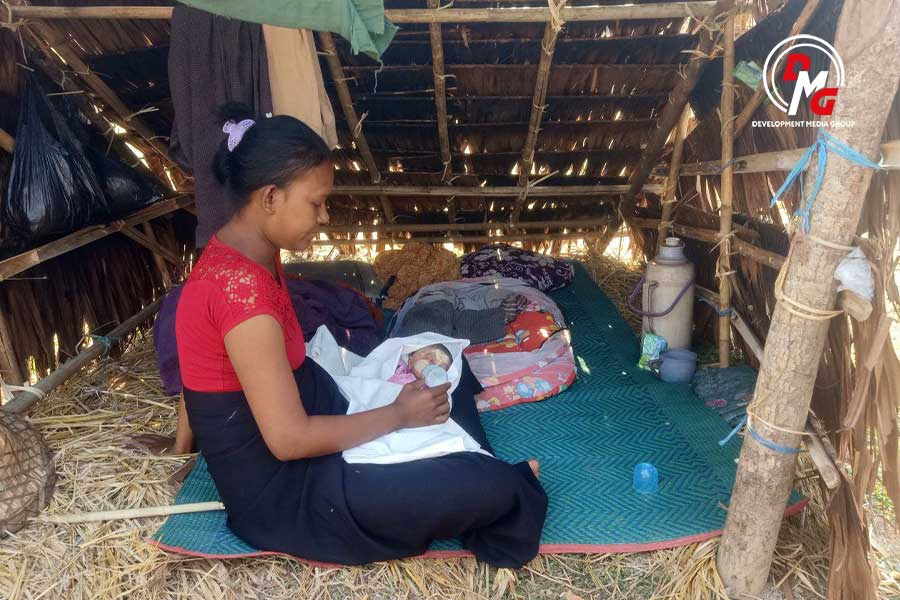
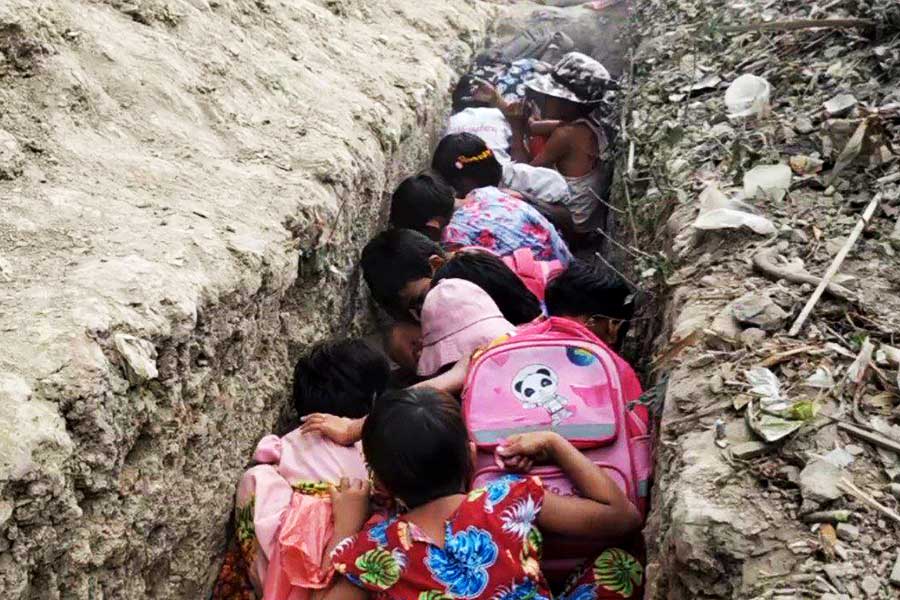
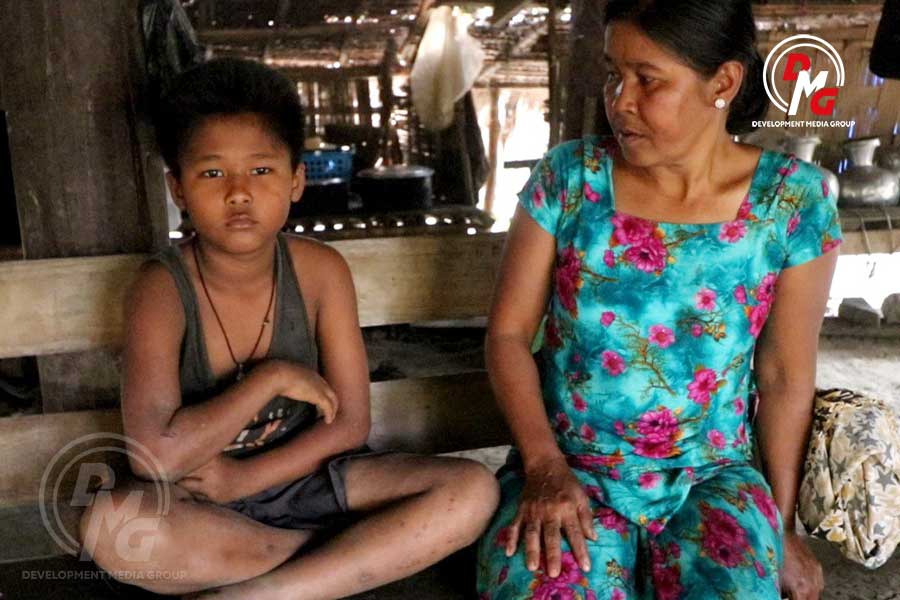
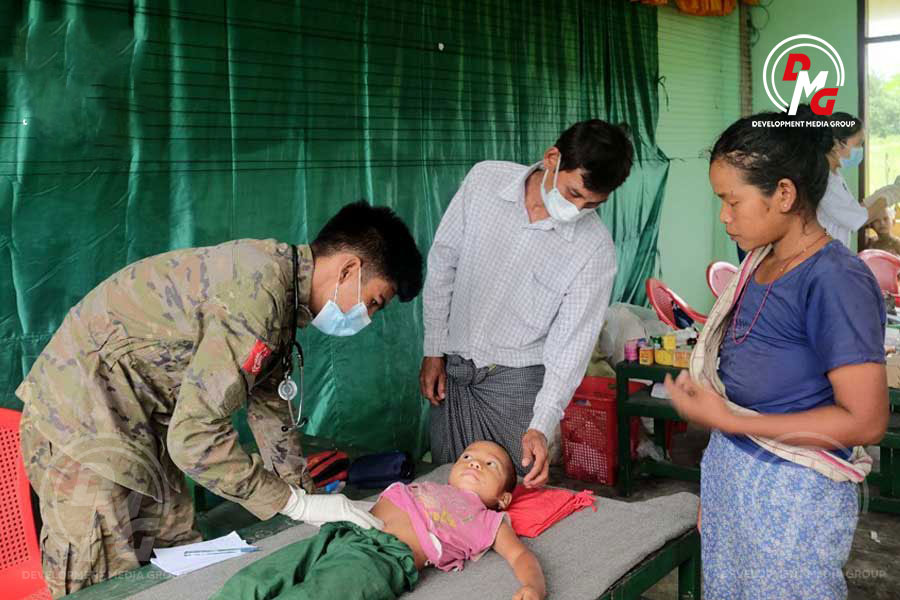
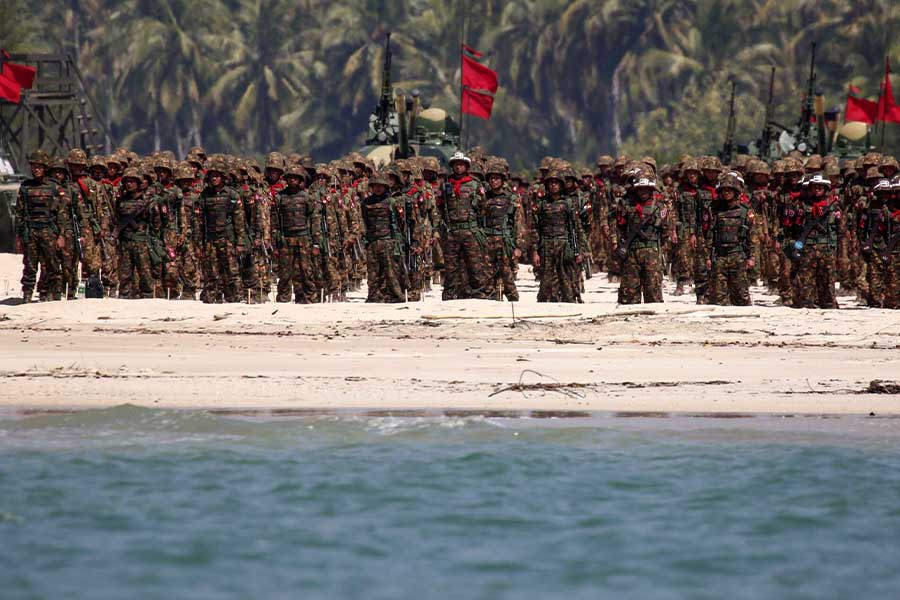








.jpg)